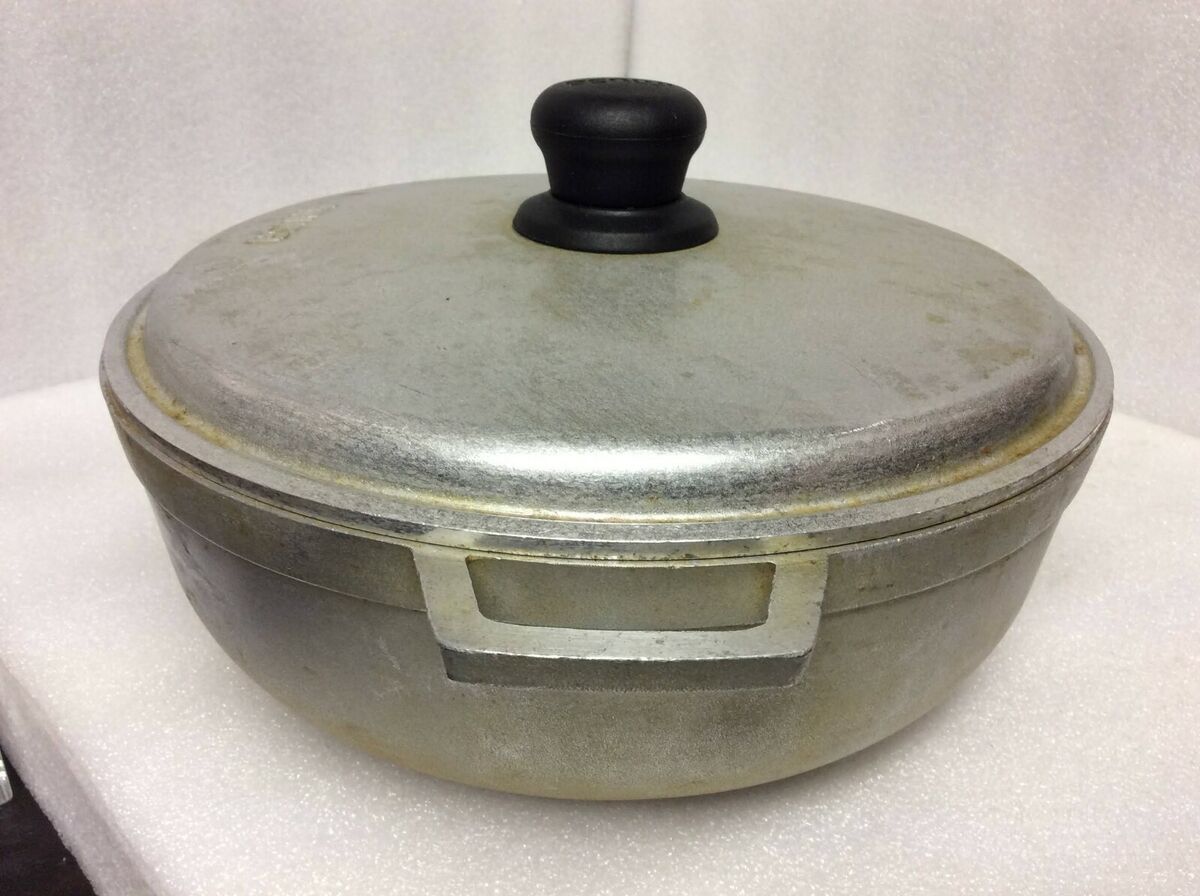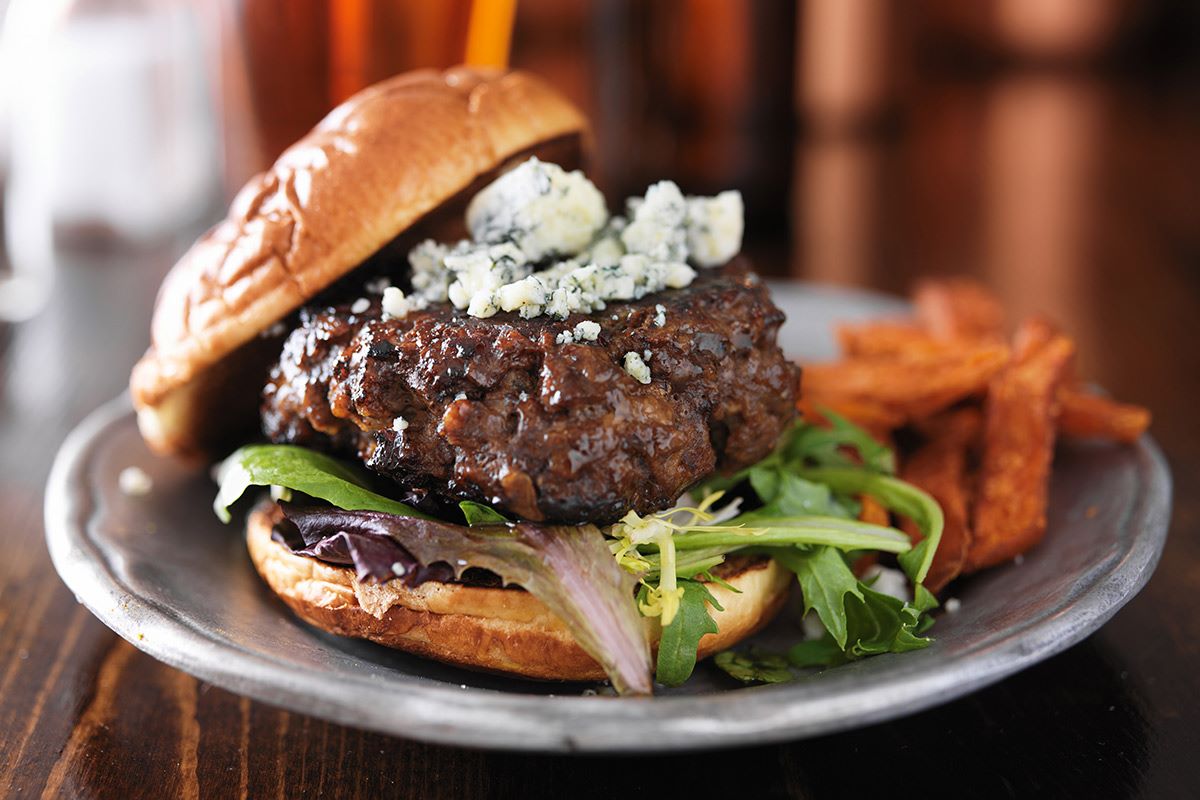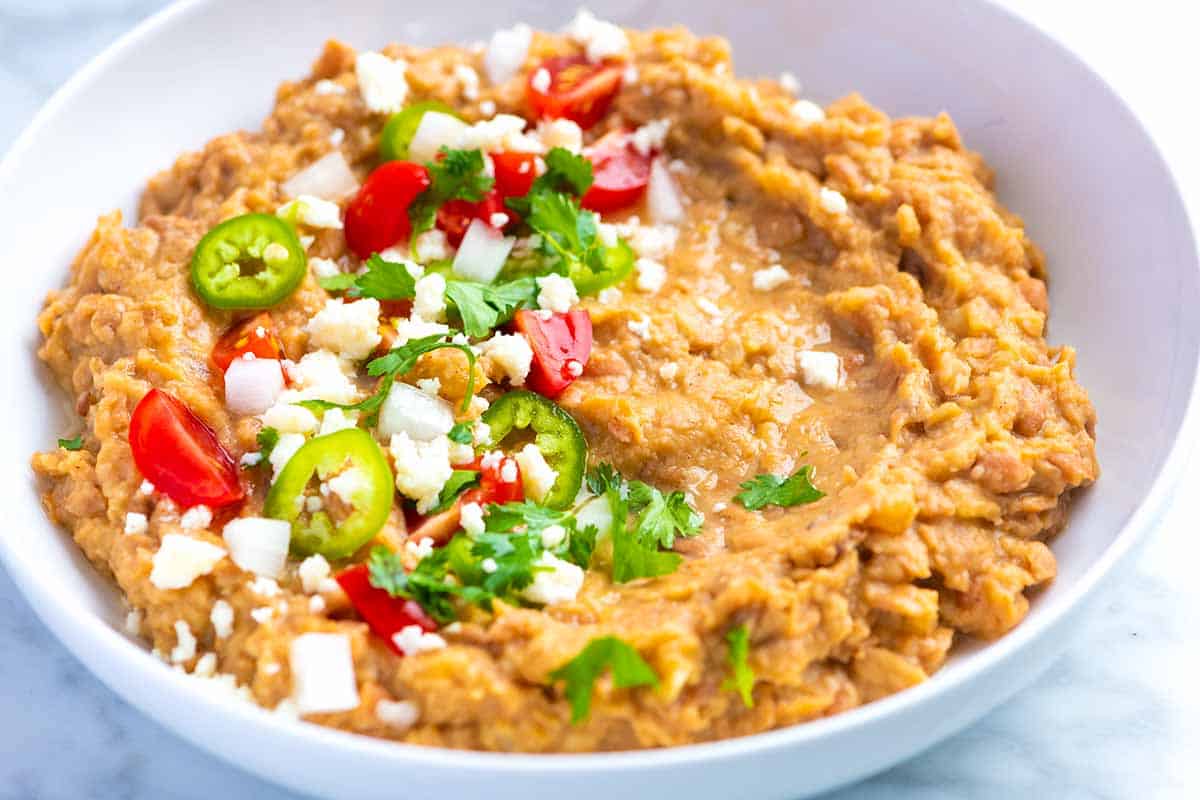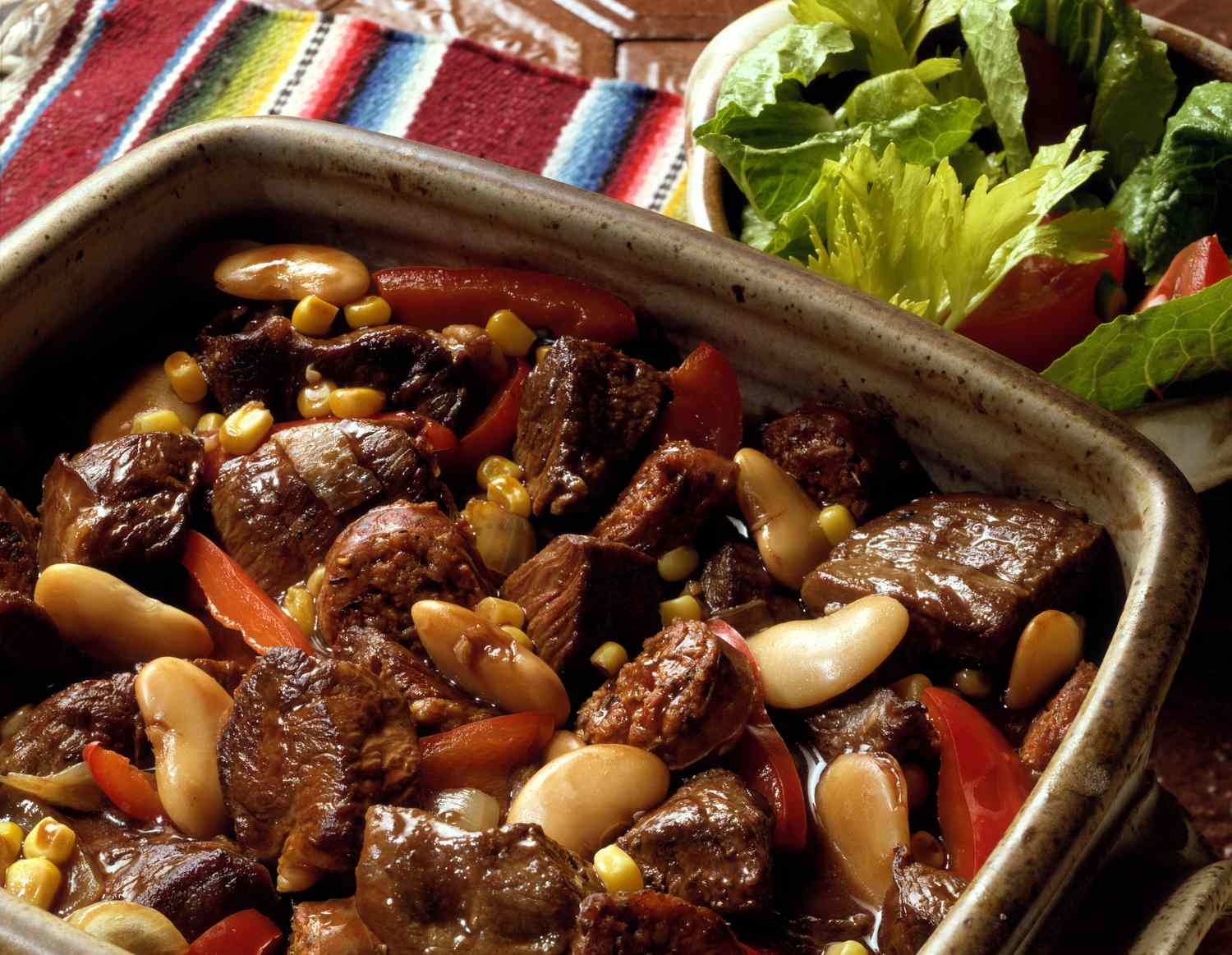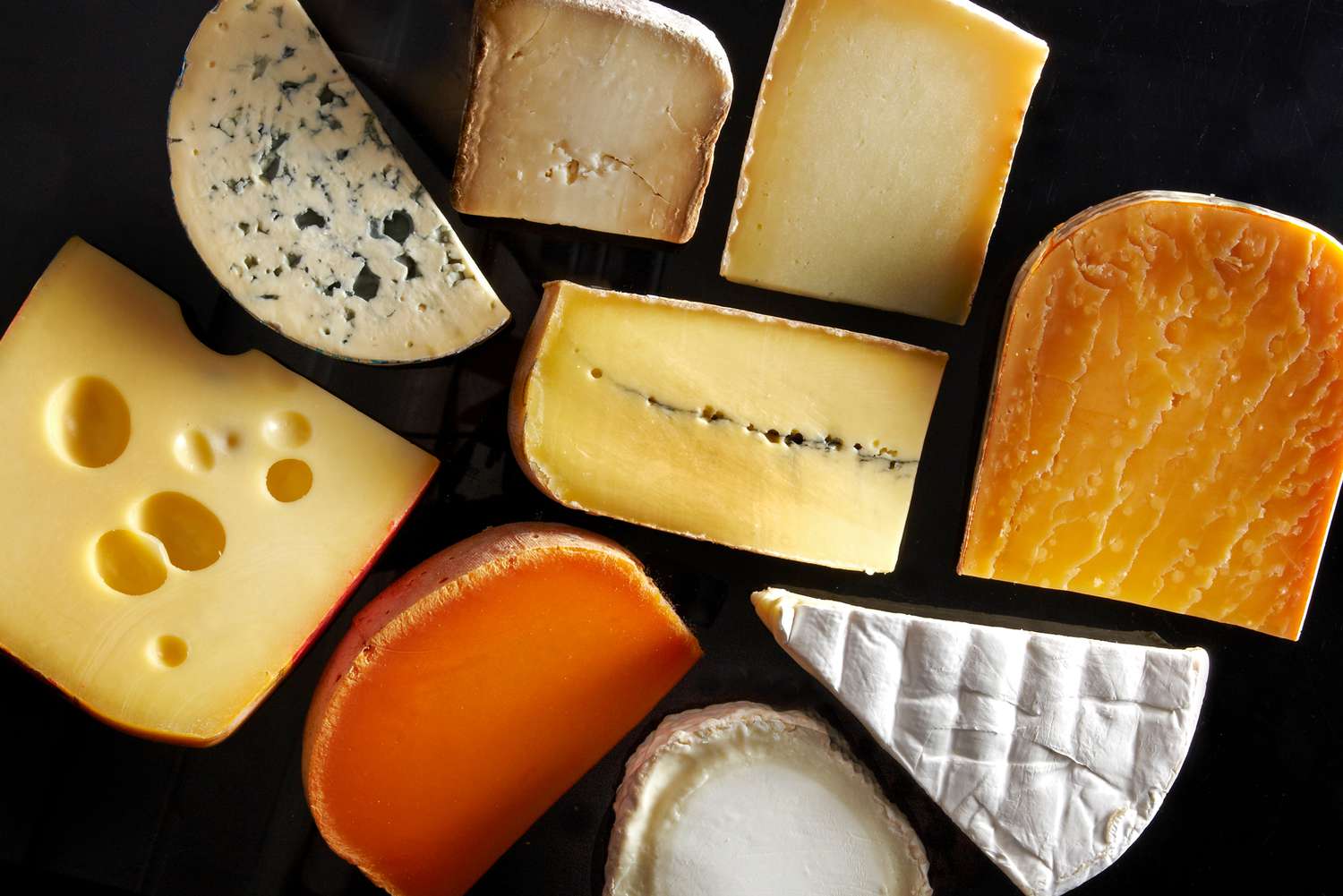A Mediterranean Spice Pantry
When it comes to Mediterranean cuisine, one of the essential elements that brings out the vibrant flavors is the use of aromatic spices. A well-stocked Mediterranean spice pantry is a treasure trove of fragrant herbs and spices that can transform an ordinary dish into a culinary masterpiece. Let’s take a journey through the Mediterranean and explore some of the key spices that make this cuisine so exceptional.
1. Olive Oil
No Mediterranean pantry would be complete without a good quality extra virgin olive oil. Olive oil is not only a staple in Mediterranean cooking but also a key component of a healthy Mediterranean diet. Its rich flavor and versatility make it an ideal choice for sautéing vegetables, drizzling over salads, and even dipping with bread.
2. Garlic
Garlic is the star of many Mediterranean dishes, adding depth and pungency to recipes. Whether used fresh or in the form of powdered garlic, it adds a savory flavor and aroma to sauces, marinades, and roasted vegetables. Garlic also offers numerous health benefits, including boosting the immune system and reducing the risk of heart disease.
3. Basil
Basil is a fragrant herb that holds a prominent place in Mediterranean cuisine. Its distinct aroma and slightly sweet flavor enhance pasta dishes, salads, and pesto sauces. Whether fresh or dried, basil adds a refreshing note to Mediterranean recipes, making it a must-have herb in your pantry.
4. Oregano
Oregano is a versatile herb that imparts a robust and earthy flavor to Mediterranean dishes. Whether sprinkled over pizza, added to tomato-based sauces, or used to season grilled meats and veggies, oregano adds a delightful Mediterranean touch. Its antioxidants and anti-inflammatory properties are an added bonus!
5. Cumin
Cumin is a spice widely used in Mediterranean and Middle Eastern cuisine. Its warm and earthy flavor pairs well with lamb and is often used in spice blends like Ras el Hanout and Baharat. Cumin not only adds a distinct taste to dishes but also offers digestive benefits and aids in boosting metabolism.
6. Paprika
Paprika adds a vibrant red color and a mild, smoky flavor to Mediterranean dishes. Whether sweet, hot, or smoked, this spice enhances the taste of stews, roasted vegetables, and dips like hummus and baba ganoush. Rich in antioxidants, paprika also offers health benefits like reducing inflammation and promoting heart health.
7. Rosemary
Rosemary is a fragrant herb that brings a delightful aroma and flavor to Mediterranean dishes. Its woody and slightly pine-like taste pairs well with roasted meats, potatoes, and bread. Rosemary not only adds a savory touch but also has potential health benefits such as improving digestion and enhancing memory.
8. Lemon Zest
While not a traditional spice, lemon zest is an often overlooked ingredient that can elevate Mediterranean recipes with its bright and citrusy flavor. The zest of a lemon adds a zing to dressings, marinades, and desserts, imparting a refreshing taste to dishes. It also provides a dose of vitamin C and antioxidants.
9. Red Pepper Flakes
Red pepper flakes, also known as chili flakes, add a fiery kick to Mediterranean recipes. Whether used sparingly or generously, they bring heat and depth of flavor to dishes like pasta arrabbiata, soups, and grilled vegetables. Red pepper flakes not only spice up your meals but also contain capsaicin, known for its pain-relieving properties.
With these essential Mediterranean spices in your pantry, you can embark on a culinary adventure right in your own kitchen. Experiment with different combinations, create your own spice blends, and bring the flavors of the Mediterranean into your everyday cooking. Your taste buds and dinner guests will thank you!
